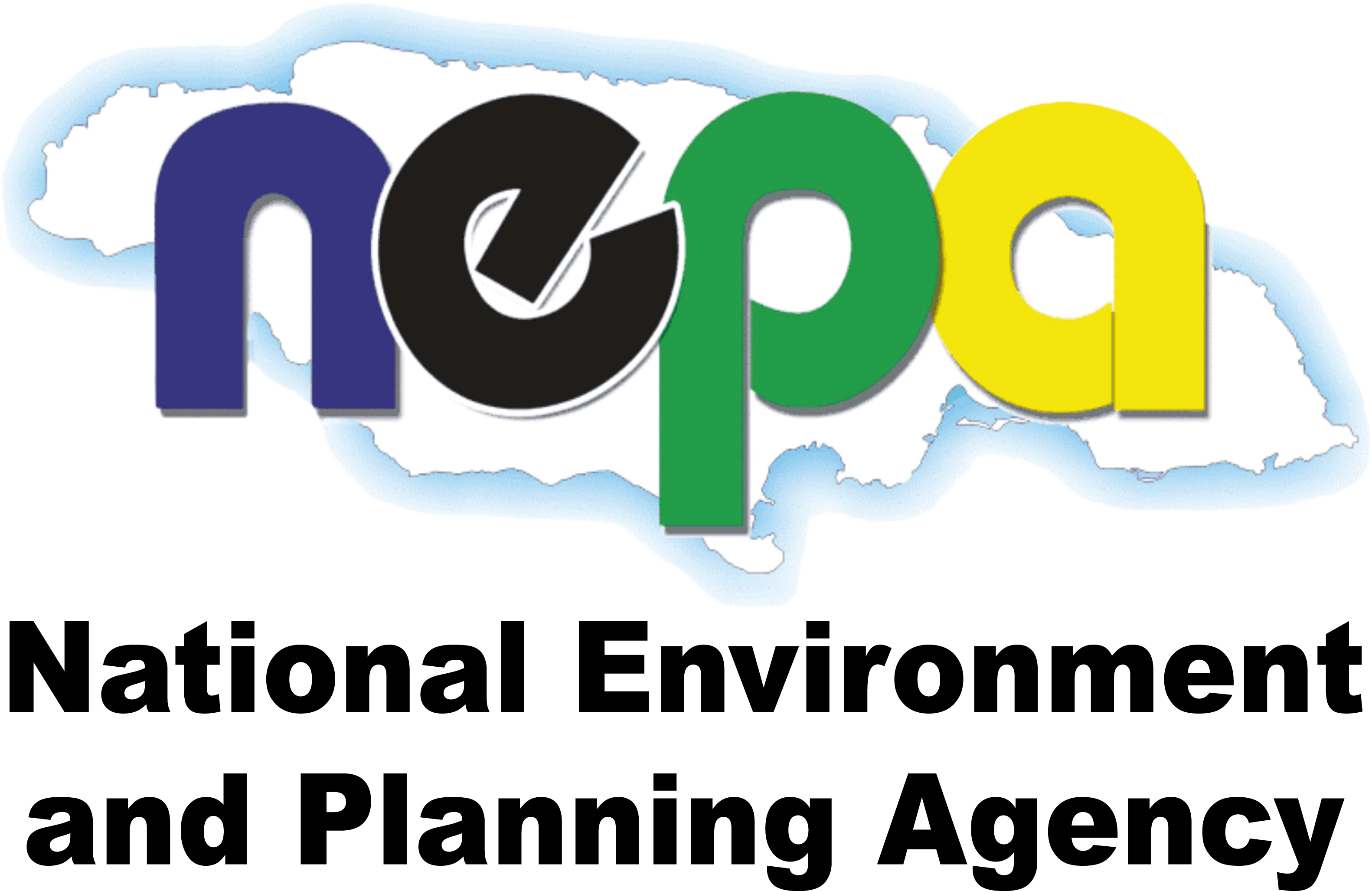Lifeguard - FAQs
To participate in the examination, candidates must:
- be at least 18 years old
- be able to swim well
- be able to read and write
- have successfully attended a lifeguard training session prior to the examination and be in possession of a valid and current Lifeguard Certificate
- present valid photo I.D. (any of the following – driver’s licence, national I.D., a passport-sized photograph certified by a Justice of the Peace)
- pay the examination fee
Being a lifeguard is not just a job, it is also an enjoyable hobby and you can become qualified even if you don't intend to work on a beach.
Training is carried out by any competent training organization. The Jamaica Lifesaving Society (JLSS) is currently the only such training organization that is designated by the NRCA in Jamaica.
If you are not from Jamaica then you can attend the examination so long as you are able to speak and understand English fully.
The license qualifies you to work as a lifeguard in Jamaica. Lifeguarding requirements are different across the world and for a definitive answer you would have to contact lifeguard employers in the area you were intending to apply to ask whether they accept the qualification.
At the very least, the qualification will give you a good background in essential lifesaving techniques.
You must be a competent swimmer, but you don't need to have competitive swimming experience, although there is a timed swim test. If you have not been swimming recently it is a good idea to test yourself before applying for the test.
The current requirement is to complete a 100m run-100m swim-100m run in under 4 minutes.
- Literacy Test – applicants must read a short passage
- Fitness Test - applicants must complete a 100m run-100m swim-100m run in less than 4 minutes
- Scenario Test – applicants must demonstrate in-water rescue skills
- A, B, C Test - applicants must demonstrate their ability to operate in emergencies which involve Airway, Breathing or Circulation
The assessment will test your learning, practical skills and ability to think and act clearly in all the main areas (Life Support, First Aid, Theory, Open Water). For some people the most daunting task is the fitness test, but stamina and speed build up over the weeks and you should be able to manage this if you prepare in advance.
You are expected to attend all the required lifeguard training sessions in order to receive your lifeguard certificate, which is necessary to sit the exam. You must sit and pass all sections of the exam to earn your license.
You get out as much as you put in. Hopefully you will be taught skills for life to save life. You should come out of the exam with the confidence, knowledge and the ability to assist in any emergency - not just in a lifeguarding context but in any life-threatening situation you come across. While saving lives is a serious business, you should also have a lot of fun on the course and the qualification you receive at the end is an excellent addition to your CV.
While there is no guarantee of a job, there is a chronic shortage of lifeguards in Jamaica.
- Application fee for new candidates is JA$1,500
- Application for renewal of license JA$1,300
- Supplemental Examination fee JA$1,000
- Licence Fee JA$2,500
- Late application processing fee JA$1,000
- Licence replacement fee JA$2,000
- Written licence confirmation JA$1,000
The qualification is valid for 1 year from the date of issue. Over this period you should continue regular training.
